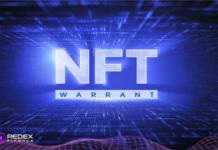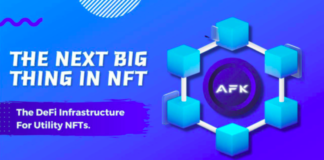Decentralized Finance (DeFi) lending rose 2.1X in 2019 but the value of secured by DeFi applications may surge to $100 billion by the end of the year according to bullish observers.
DeFi, or simply, open finance has taken center stage in recent times with analysts and enthusiasts confident that the proliferation of blockchain-based financial products is on the course of replacing heavily regulated traditional financial products.
Initially, the aim of cryptocurrencies was to enable the smooth transfer of value without middlemen. DeFi takes that a little step further by allowing users of crypto to lend and borrow coins and so much more automatically, globally, and without paper work. Upon launch, any dapp is global since they operate straight from a distributed ledger controlled by distributed nodes.
To get a clear grasp, DeFi is a general term that refers to “the digital assets and financial smart contracts, protocols, and decentralized applications (dapps) built on Ethereum.”
However, DeFi dapps are not only built in Ethereum but in other public chains as well. EOS, Waves, Tron and competing blockchains fitted with smart contracting capabilities can be a launching pad for DeFi apps. All it takes is awareness and marketing just like they would in traditional setups.
Basically, crypto loans are collaterized by digital assets and secured by a smart contract. Meanwhile, the interest rate is determined by the amount of security deposited, that is, the collateral. Often, these loans are over-collateralized because of crypto’s volatility.
Lending out crypto in this platform returns on average 6% while a borrower will pay 5.7%. However, the most attractive platform to lend funds from is Fulcrum drawing 6% and 4% respectively to lend out DAI and SAI—both stable coins, respectively. You can lend out BTC with an interest at 6%, and ETH at 4% at BlockFi.
DeFi a Load of BS
Nonetheless, DeFi as a whole would expand if loans are under-collaterized as volatility taper. Presently, the over- collateralization is a problem for small business who would love to borrow but impeded by the high collateral requirements.
Despite what DeFi represents, one user now says the field is a “load of BS” that will soon collapse because of unsustainable returns:


























